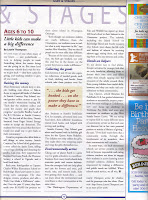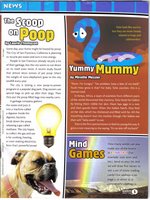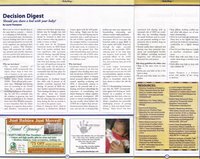Emmanuel Ofosu Yeboah was born in Ghana without the tibia in his right leg, leaving it deformed and useless. His father abandoned him. His mother was told to kill him. That is just what it means to be disabled in Ghana.
Fortunately, his mother was strong, and raised Yeboah to have high expectations for himself, even if nobody else did. In 2002, at the age of 25, he rode a donated bicycle 360 miles across Ghana – with one leg – and showed his entire country that the disabled could be very able indeed. His story became a movie that continues to inspire.
When I heard Emmanuel’s story, I too was inspired by his incredible triumph. I was enraged by the plight of the disabled in Ghana. But even more, I wondered what causes all those disabilities in the first place? Could they be prevented, and if so, what effects would that have on Ghanaian society?
The March of Dimes Global Report on Birth Defects might offer some answers, and will hopefully spark some positive change. According to a March of Dimes press release about the report:
“…it is a common misconception that attention to birth defects will draw funding from other priority public health efforts — when, in fact, increased efforts to reduce birth defects in children contributes to the health of the entire population.
Experience from high-income countries shows that overall mortality and disability from birth defects could be reduced by up to 70 percent if the recommendations in this report were broadly implemented…
Among the interventions that would have immediate impact are:
- folic acid supplementation to prevent neural tube defects;
- iodination of salt to prevent severe congenital hypothyroidism; and
- rubella immunization to prevent congenital rubella syndrome.”
I think it’s a great place to start. If you agree, go to http://www.marchofdimes.com/howtohelp/howtohelp.asp.







